Deacon William Mullaney, a deacon of the Archdiocese, died on March 17, 2024 at the age of 87. Deacon Bill was ordained by Archbishop Daniel Pilarczyk for the Archdiocese of Cincinnati on September 26, 1998. He served the Archdiocese as a permanent deacon for twenty-five years.
Upon his ordination, Deacon Bill was assigned to Immaculate Heart of Mary Parish in Anderson Township. He served faithfully at the parish throughout his entire ordained ministry.
Deacon Bill leaves his wife, Nancy, to whom he was married for 64 years. He also leaves their five children and their spouses, thirteen grandchildren and spouses, and four great-grandchildren.
Mass of Christian Burial will be held on Thursday, March 21, 2024 at 10:30 a.m. at Immaculate Heart of Mary Catholic Church, 7820 Beechmont Ave., Cincinnati, OH 45255. There will be no visitation. A reception will be held immediately following the Mass in Heritage Hall at the church.
You may read the full obituary on the funeral home website here.
Please keep the repose of the soul of Deacon Bill Mullaney in your prayers, as well as peace and consolation for his entire family.
